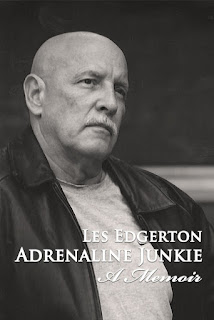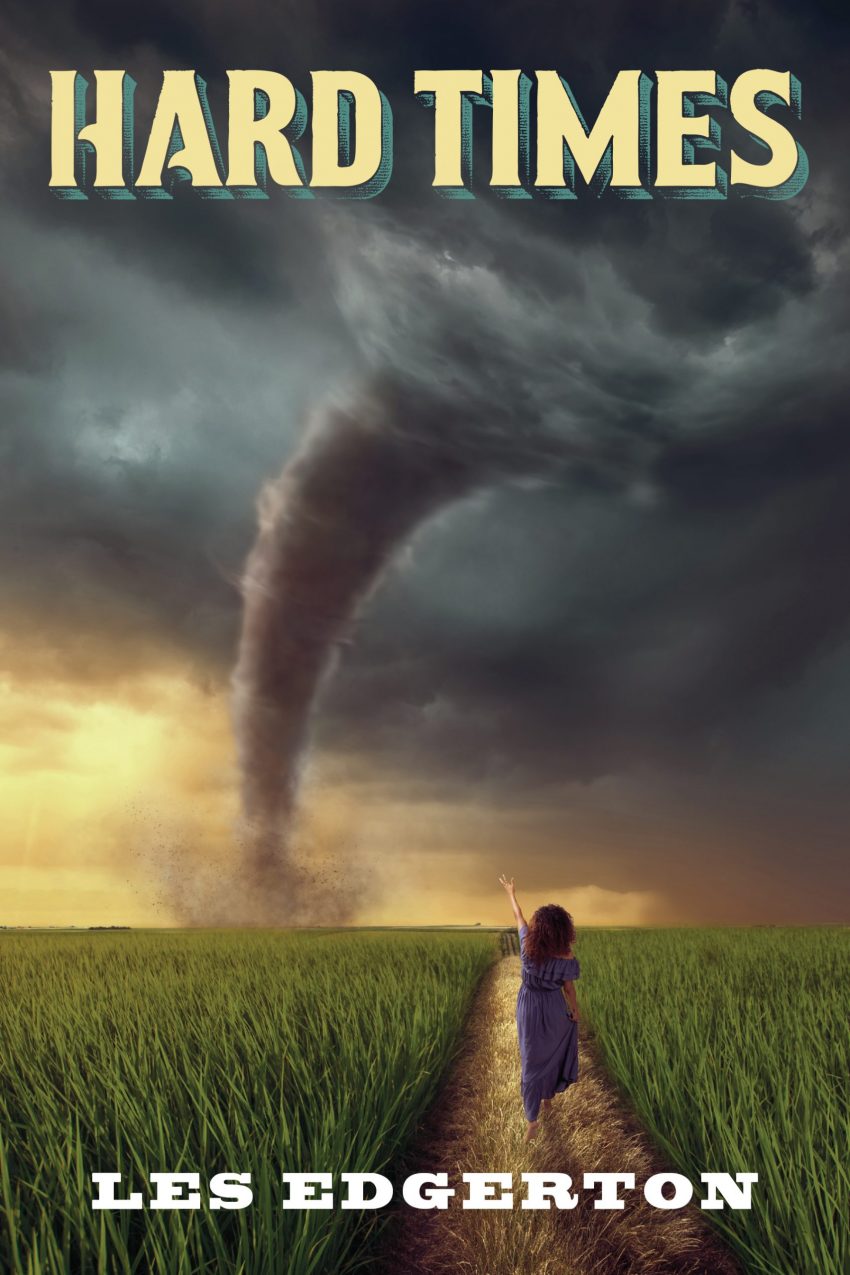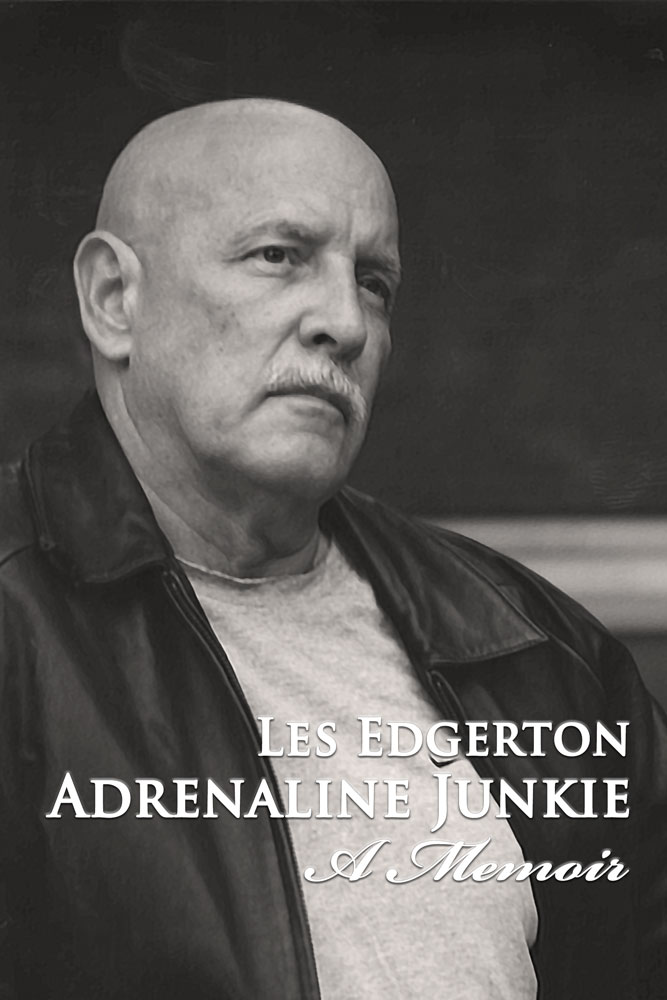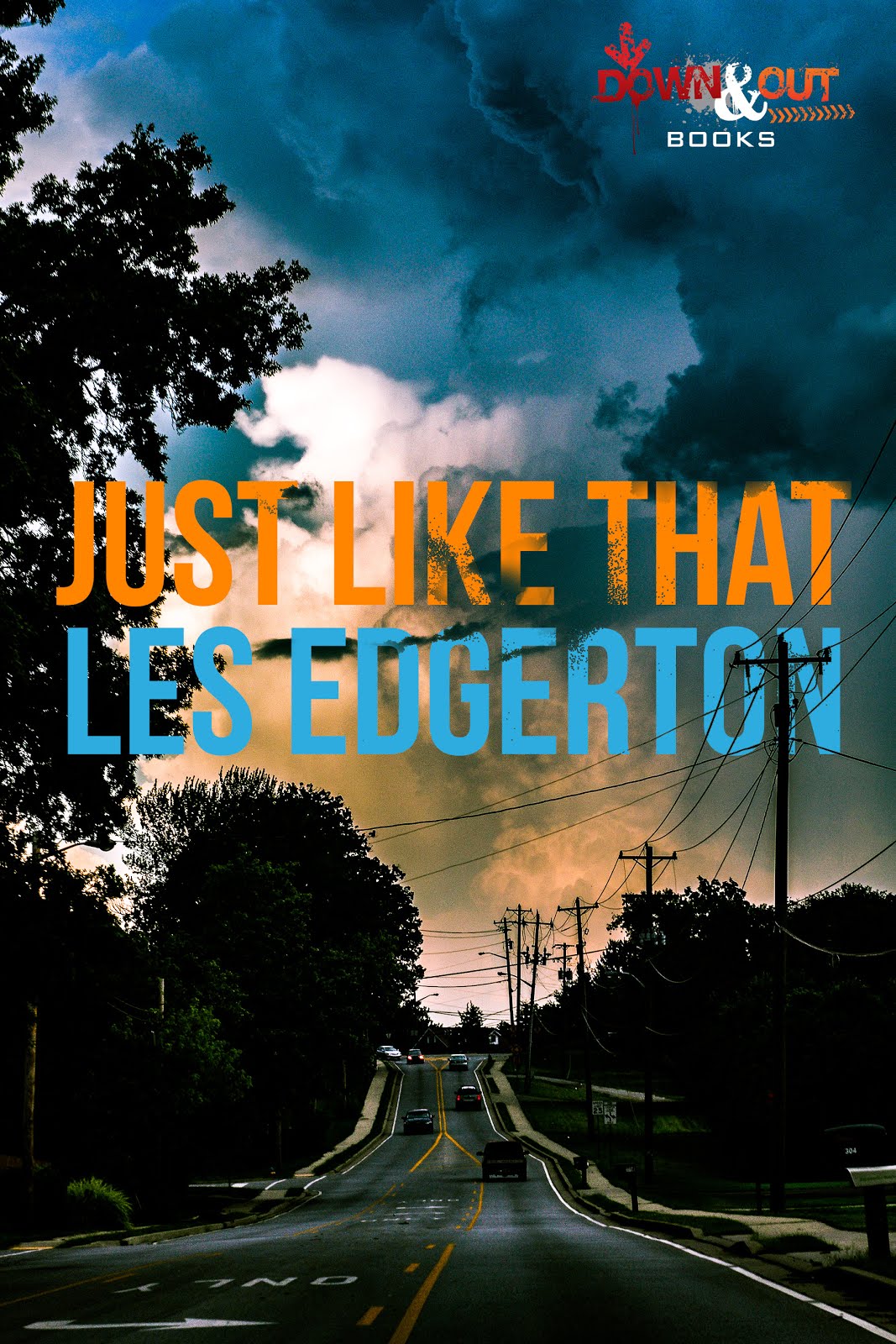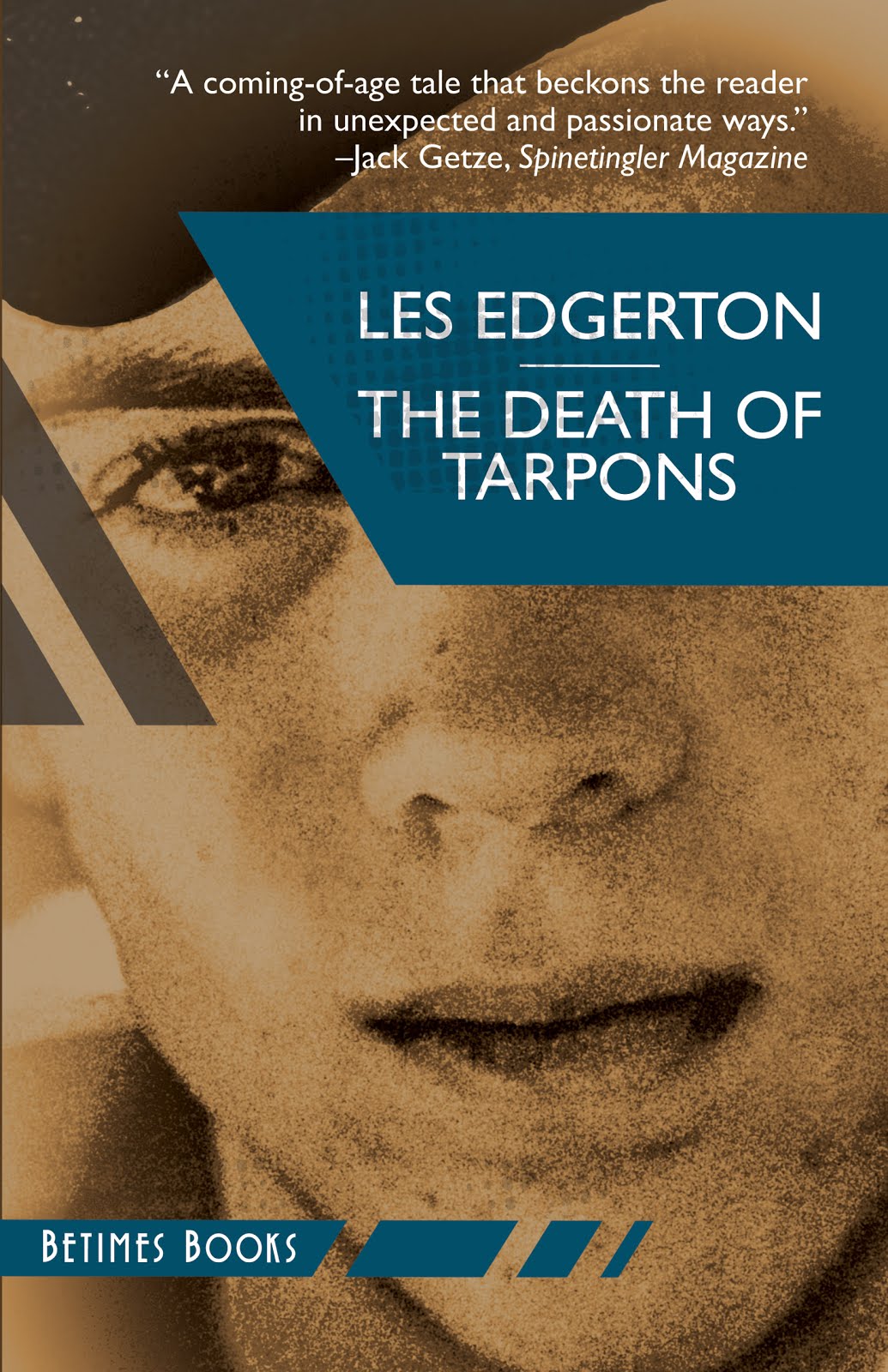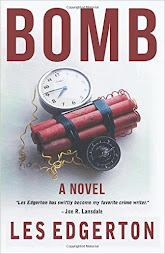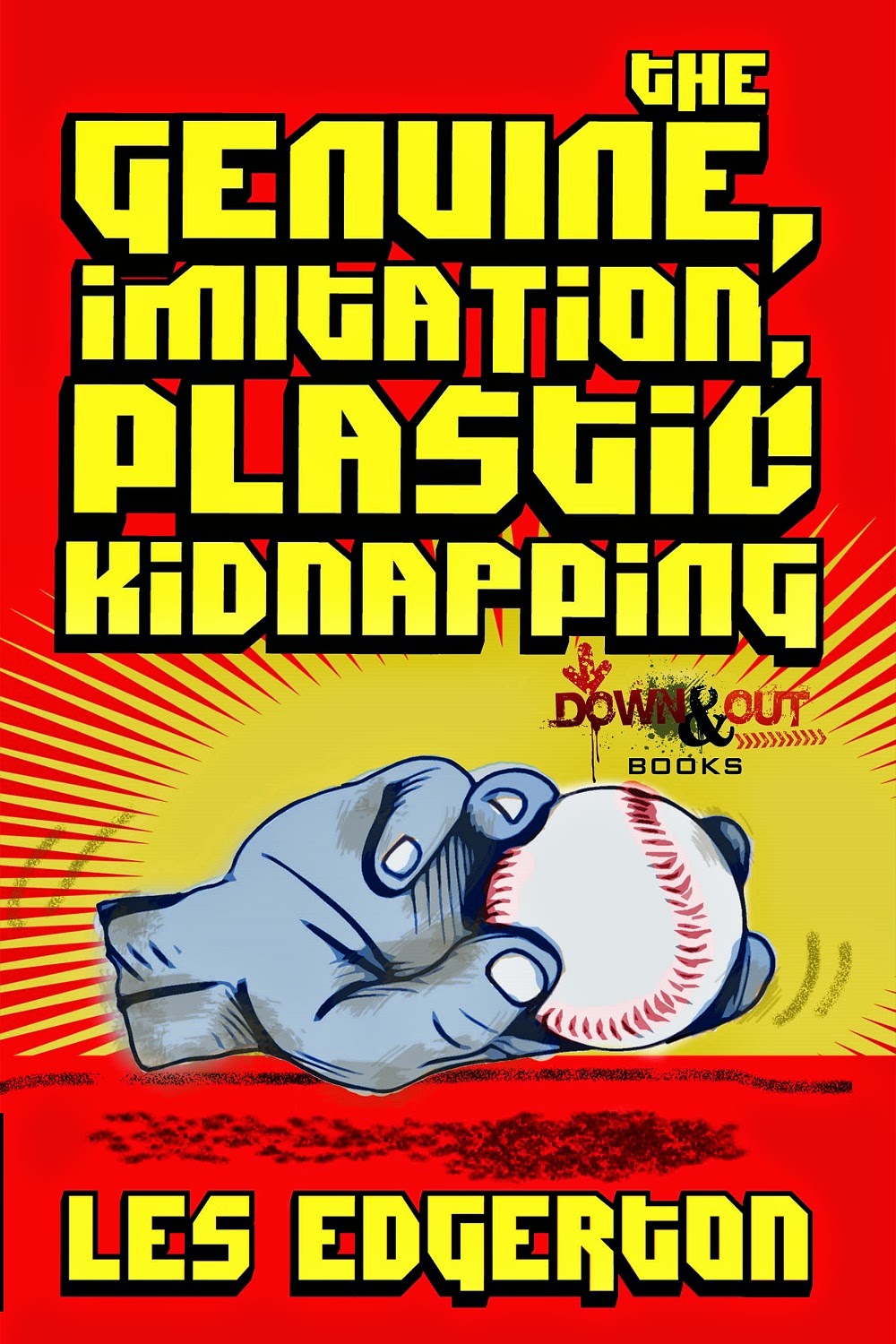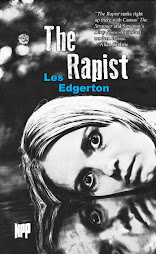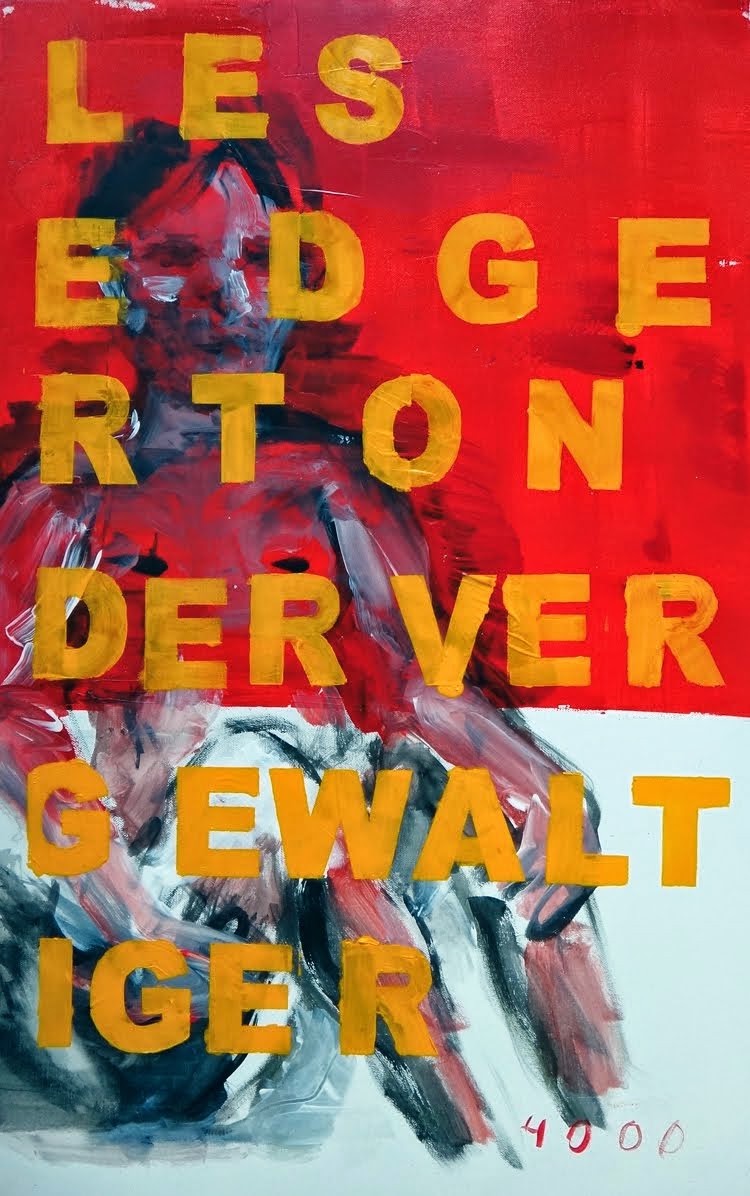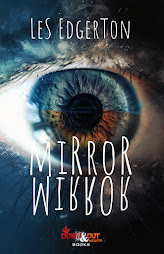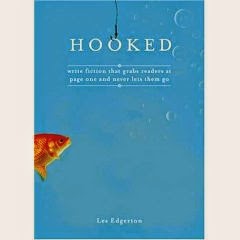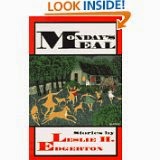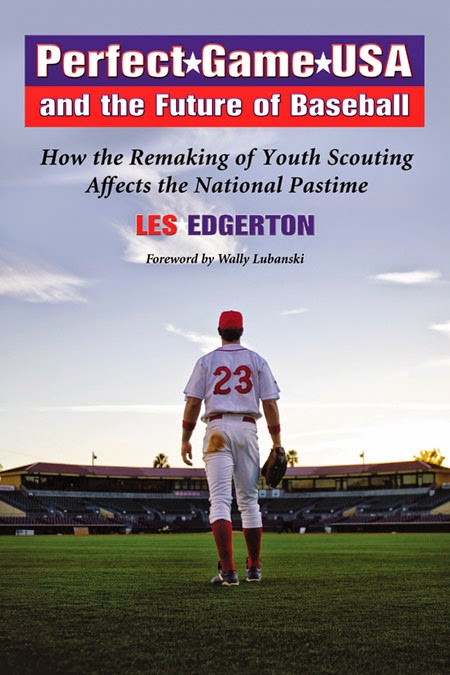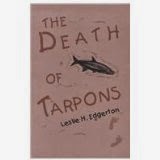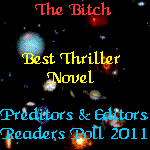Hi folks,
Just got this review of my memoir, ADRENALINE JUNKIE, by John Jantunen in Cannery Row Magazine.
Book
Nook
with
John
Adrenaline Junkie
by Les Edgerton
Down & Out Books, USA, Memoir,
2018, 344 pages
Review
by John Jantunen
In 2014 Jack David, my publisher at
ECW Press, rented a van and drove four Canadian mystery writers to Bouchercon
in Raleigh, North Carolina. Bouchercon bills itself as the largest crime
writers convention in the world and, as a newly published, first-time mystery
writer, the trip would serve as a rite of passage for me as well as provide the
opportunity to mingle with my more esteemed peers, most of whom would welcome
me into their fold with a degree of fellowship I’d never thought possible.
And few could have been more welcoming than Les Edgerton.
I
met him on the second night of the conference. Up until then, I admit, I’d been
feeling a bit like a fish out of water. While the drive down with Jack, John
McFetridge, Dietrich Kalteis and Sam Wiebe had been a thoroughly memorable and
even joyful affair, I was beginning to suspect that any hope of capitalizing on
the euphoria I’d felt during the thirteen-hour trip wouldn’t amount to anything
more than a case of wishful thinking.
My first
inkling that I’d likely been a trifle too optimistic in believing an unknown
author such as myself might so much as make a ripple in these international
waters had been provided by way of the gift tote I’d received upon signing in
at the authors' table. In it were a half-dozen free books from some of the convention’s
'featured' authors. All were of a decidedly mainstream appeal, quite at odds
with my own reading habits. I knew I wouldn’t read any of them and since my
motel was a thirty-minute walk from the Raleigh Convention Center and I didn’t
want to be burdened with them until I'd return to my room that night, I stacked
the pile of books on a table in the lobby of the adjoining Marriott City
Center, free for the taking.
A few seconds later I saw an older gentleman sorting through them
and watched, with idle curiosity, to see which of them passed his muster. The
one he finally chose featured on its cover a cat sitting on a table beside a
martini glass, which was about as far as my interest in the book had extended
when I first found it in my tote.
Jack David would shortly thereafter
inform me that it was from a sub-genre of mystery novels called “Cat Cozies”
(the most popular in this breed being: The Big Kitty, The Whole Cat and
Caboodle, Faux Paws & Hiss Of Death). Call me naïve but it had never
occurred to me that people wrote books (for adults) in which cats solved crimes
and that people (adults!) might actually want to read them. But read them they
do, and by the millions as I soon found out. For the rest of the day, it
seemed, whenever I spied someone holding a book, it featured a tabby or calico
on its cover and the 'Cat Cozy' corner in the bookseller’s room sported a
permanent line-up - while, I might add, nary a soul was to be seen at the table
selling Cipher.
That night I ended up at an event
called 'Bar Noir' and my mounting despondency was somewhat tempered by the
promise that 'Noir', another sub-genre, was reserved for those who wrote to
discomfort rather than its opposite. The first reader was a fellow named Tom
Pitts who, I’d later discover, was a transplanted Canadian living in
California. His offering involved a heroin junkie trying to shoot up in the
video booth at a porn shop whose efforts were constantly being thwarted by
a 'dwarf' banging on his door intent on purchasing his used jizz rag. Now
that, I thought joining in with the audience’s boisterous applause, is
more like it!
The next
reader was a shaven-headed, somewhat elderly author with a handlebar moustache
that, to me, suggested he might have been a retired sheriff from down Texas-way.
He was introduced as Les Edgerton and, while it turned out he was indeed
originally from Texas, I quickly learned that he was about as far removed from
a lawman as one could reasonably get.
His piece
recounted a true story from his stint as a convicted felon in an Indiana
prison. Apparently the farmer who supplied the prison with beans always threw
in a few shovelfuls of gravel to increase his profit. This meant that inmates
had to be constantly on guard when eating the legume but in his story
"Toothache" the protagonist becomes distracted by one of the cooks
attacking a fellow inmate with a meat cleaver and thus bites down on a rock
amongst his beans, breaking his tooth. Delivered with such dry wit and grisly
humour, Les’s reading that night at Bar Noir, to this day, stands as the most
compelling recitation I’ve heard in any of the dozens of literary events I’ve
attended over the years and, between him and Tom, my mood was on a definite
upswing come intermission.
The break
found me smoking a cigarette on the bar’s street-side patio. One of the perks
of the evening was a sampling of North Carolina whiskey. Given that a half-pint
of beer cost almost ten dollars Canadian, I’d been keeping an eye peeled for
the waitress in charge of dispensing these complimentary drinks. Having already
managed to snag a couple previously, I was downing my third between drags when
I heard a rather garrulous voice shouting out, “Who's got a smoke? I’m jonesing
for a goddamn cigarette!”
Turning, I saw it was Les. Pulling
out my pack, I handed a smoke over, assuring him that my Canadian
Classics would be the best cigarettes he'd ever tasted. I’m almost
certain he didn’t entirely agree but we still ended up jawing at one of the
patio’s tables for a couple of hours joined by Chicago mystery writer - and
former Def Jam comic - Danny Gardner who’d go on to found Bronzeville Books a
few years later (a publishing venture at which a friend from my high school in
Bracebridge would serve as an editor, another of those funny coincidences I
tend to thrive on as a writer).
Les
proved himself as proficient a story teller as he was a reader and our
conversation would give me plenty of fodder for the three minutes I’d been
allotted to introduce myself and Cipher at the Emerging
Writers Breakfast the following morning. Les was to sit on one of the panels
that same day and, naturally, I put his appearance at the top of my 'to-do
list'. He was seated between two law enforcement officers-cum-writers and set
the tone of the discussion early on when he paused briefly while recounting one
tale from his seemingly endless repertoire of stories as an outlaw to remark
rather impishly, “I probably shouldn’t be telling this one with so many cops
around,” before boldly charging ahead anyway. But it was something he said a
few moments later which would tell me beyond a shadow of a doubt that I had
found a kindred spirit. Answering a question about whether he had a specific
reader in mind while writing, he answered that he didn’t write for a million
readers, he wrote to find that one reader who might just get it.
In my
twenties I’d read Herman Hesse’s Narcissus and Goldmund, in which
Goldmund is enticed into the artist’s life by a statue he encounters in a small
country chapel at a particularly dark moment in his life. Ever since, I’d
become convinced that art’s true value resided in its potential to instil a
longing for a new direction in those ‘lost souls’ who needed it most. I’d
been inspired by quite a number of writers over the years in my own
efforts to chart a new direction for myself through my fiction but it was rare
indeed to actually meet a fellow author in the flesh who, by virtue of his very
being, seemed to embody such an all-too-often maligned ideal.
Over the intervening years I’ve come
to respect Les's prowess as a writer as much as I do the man himself and there
are no emails I treasure more than the ones I’ve received from him during our
correspondence. Les generously offered to provide a blurb for Savage
Gerry and while he certainly struck at the heart of the matter when he
wrote, “This is a novel of the love of men for their sons” - after all I wrote
it For Drake (my first son) - it wasn’t until I’d read his
book Adrenaline Junkie that I’d fully understand the emotional
imperative simmering beneath the surface of these words.
Les leads into his memoir by quoting James Baldwin in the
first of two epigraphs: “Artists are here to disturb the peace.”
Words were insufficient to express
my sudden elation upon reading that as I literally leapt out of my chair to
share this discovery with my partner Tanja, for James Baldwin’s Another
Country plays a pivotal role in In for a Dime and I
had also chosen another Baldwin quote as the epigraph for my next book, Mason’s
Jar.
The
complete quote in which this line appears is: “Now it is true that the
nature of society is to create, among its citizens, an illusion of safety but
it is also absolutely true that the safety is always necessarily an illusion.
Artists are here to disturb the peace. They have to disturb the peace.
Otherwise, chaos.”
I include
it here because, to me, it provides an invaluable key to fully appreciating
what Les has accomplished with Adrenaline Junkie, as does what
author Marjorie Brody writes in her Foreword: “Les understands that backstory
matters. It influences the presence. So, he journeyed through the past
seeking answers for why he was here . . . Fighting for a moment - regardless of
how fleeting - to feel in control of his life.”
It was hard not
to pause again when reading this, since the only inspirational quote I have
hanging on the wall above my computer is a single page torn from a July,
2021, Harper’s Magazine article. I’ve highlighted the last
paragraph in Matthew Karp’s “History As End” to serve as both a constant
reminder of what I myself am striving for in my writing and as a welcome
reassurance that I am far from alone in what often feels like a solitary, and
futile, pursuit of such an ideal.
To quote
from Karp's article: “The past may live inside the present but it does not
govern our growth. However sordid or sublime, our origins are not our destinies;
our daily journey into the future is not fixed by moral arcs or genetic
instructions. We must come to see history . . . as what we fight over, fight
for, and aspire to in practices of justice. History is not the end, it is only
one more battleground where we must meet the vast demands of the ever-living
now.”
If Les’s brazenly courageous and
brutally honest account of his past is anything, it’s one man’s attempt to
create just such a battlefield out of his own personal history . . . and what a
history it turned out to be!
From working at
his grandmother’s bar/restaurant in the highly segregated - and oftentimes
callously violent - city of Freeport, Texas, during his youth, to his military
service as a cryptographer stationed on the Caribbean Island of San Sal, to his
life as an outlaw and professional thief. Then there was, of course, his stint
at Pendleton Reformatory - one of the worst prisons in America at the time -
during which he’d learn the skills which would lead him to becoming a renowned
hairstylist, only to have his career derailed in a self-destructive streak
fuelled by his seemingly insatiable appetite for sex and drugs, and finally his
moving on to rediscovering his true calling as an author.
The only corollary within the literary world that I
could think of which even comes close to matching his story would be that of
Hunter S. Thompson. But whereas Hunter S. allowed himself to become a
caricature, forever trapped in a persona of his own devise, Les is driven by
what at times seems like an almost pathological desire to keep reinventing
himself, sometimes for the better, frequently for the worse.
To be honest, I often had a
difficult time reconciling the man he was with the man I’ve come to know. While
this dissonance primarily served to bolster the pervasive, and increasingly
palpable, tension which veritably bristles off every page, it also instilled in
me a certain reluctance while approaching the last few chapters. It was akin to
how I feel nearing the end of a particularly intricate mystery novel, knowing
that the whole thing could quickly become unravelled by an overly pat or facile
resolution that leaves far too little to the reader’s imagination, whereas my
favourite reveals always compel the reader to re-evaluate everything that came
before, even while pointing towards a far-from-certain future. Adrenaline
Junkie, I’m relieved to report, manages this with a similar prowess as Les
brings to his crime fictions.
In fact, it was a passage from his
2011 novel Just Like That which was ever in my thoughts while
I reflected on Adrenaline Junkie. In it his lead character, Jake,
is serving time for much the same reasons Les did and, while conversing with
his cellmate about what led him into a life of crime, he reflects that “the
scareder I get, the gutsier I become.”
This itself
serves as incisive an explanation of what drives the 'adrenaline junkie' as
I’ve ever heard and, where in his past lives Les seemingly allowed this same
propulsive fear to drive him towards imminent self-destruction, ultimately it’s
his embrace of that same verve which elevates his memoir beyond a mere
cataloguing of the extreme turns his life took as a result.
That his ultimate reversal was spurred by the love of
a woman and the birth of his son might have, in less adroit hands, come
across as trite but, here, it serves only to raise the stakes even further. In
McCarthy’s Blood Meridian, Judge Holden remarks “The stakes is the
game” and it’s a lesson Les seems to have taken well to heart. By using his
fear to force a reckoning with his own past, and damn the consequences, he’s
achieved the rarest of all feats; he’s turned what could have been a simple
cautionary tale into an epic saga of a man re-imagining what was once his
Achilles heel into his greatest asset and I, for one, cannot think of a more
compelling, nor salient, story for our times than that.
Les Edgerton is an
American author of 23 books, two of which are on writing fiction, and has
taught at several colleges and universities.
His works, including a variety of short stories, screenplays, essays and
articles, have been nominated for numerous awards and several of his books have
been translated into Japanese, German and Italian.

